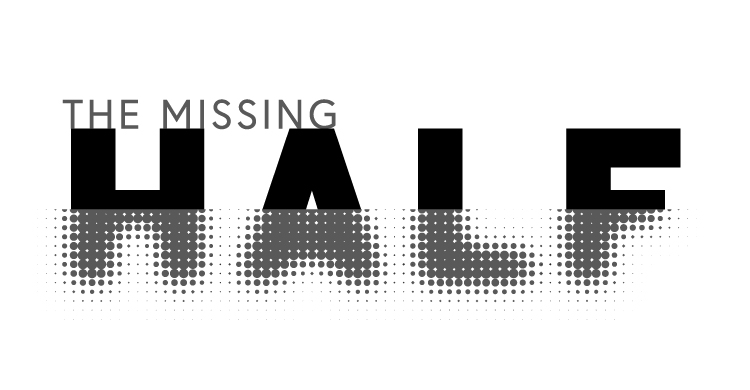The Missing Half
Prior to the COVID-19 pandemic, we could substantiate that the majority of a school’s office


Prior to the COVID-19 pandemic, we could substantiate that the majority of a school’s office

Based on Behavior Solutions: Teaching Academic and Social Skills Through RTI at Work™ First came RTI,